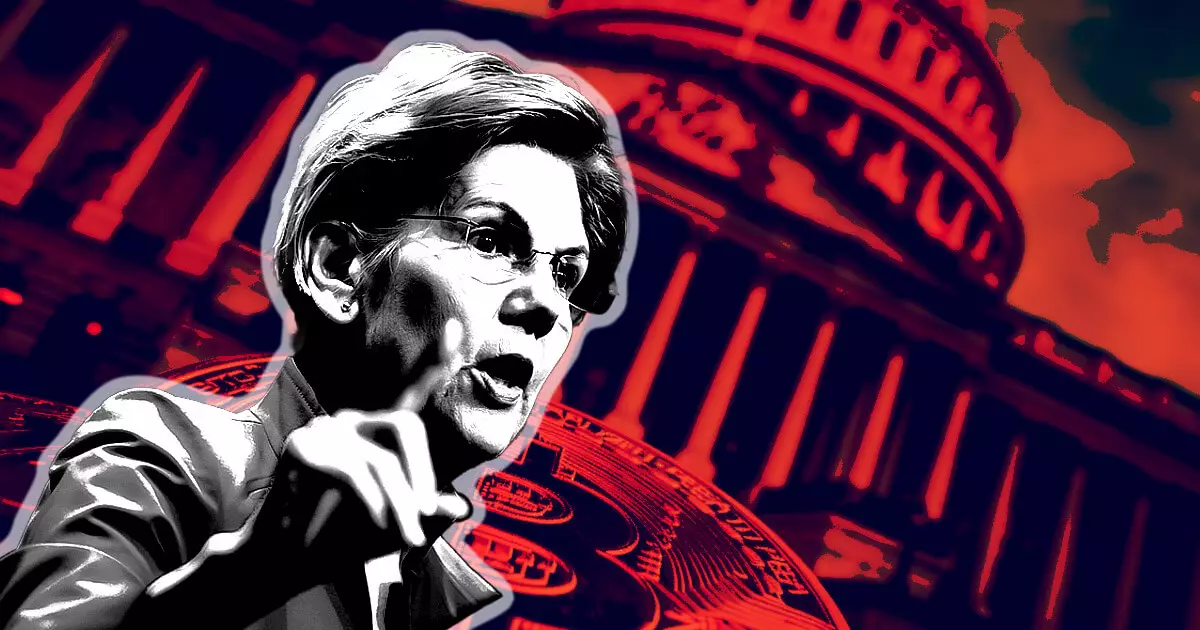In recent discussions surrounding Binance, one of the largest cryptocurrency exchanges globally, it becomes evident that regulatory mechanisms are falling short of their promises. Despite a hefty $4.3 billion settlement aimed at curbing money laundering and sanctions violations, crucial questions remain unanswered. Federal prosecutors have been unable, or unwilling, to confirm whether Binance is genuinely adhering to the ongoing conditions of this agreement. This exposes a significant flaw in how the U.S. handles the digital currency sector—an industry that has grown beyond traditional oversight boundaries yet remains under-regulated and opaque in its operations.
Such gaps in oversight threaten not only investor confidence but also the integrity of the financial system. The fact that the Justice Department considers removing the court-appointed compliance monitor underscores an alarming complacency. This monitor was a pivotal safeguard designed to ensure Binance’s compliance with anti-money laundering (AML) and sanctions policies. Removing it could open the floodgates for illicit activities—ransomware, fraud, and sanctioned transactions—destabilizing the very foundation of financial stability that a center-right government should fiercely protect.
Regulatory Weaknesses and Political Implications
The incomplete and evasive responses from federal authorities reveal a government struggling to keep up with an evolving industry that has often thrived in regulatory gray areas. Warren’s attempt to scrutinize Binance’s links to politically sensitive figures and financial firms highlights the national security risks intertwined with lax oversight. The nation’s strategic interests are at stake, as cryptocurrency platforms become conduits for potentially clandestine dealings that could undermine U.S. interests or bolster adversaries.
Furthermore, the recent political attention, including efforts by figures like Warren and others, demonstrates a broader hesitancy within the establishment to fully embrace cryptocurrency regulation. While some see the industry as a frontier of innovation, it’s equally a fertile ground for exploitation and illicit activities. By neglecting thorough enforcement or regulatory clarity, the government risks fostering a landscape where legality and security take a backseat.
A Stark Reminder of Economic Vulnerabilities
At its core, the Binance saga underscores the danger of governmental complacency in protecting economic prosperity. A laissez-faire approach might suit libertarian ideals, but it leaves the economy exposed to criminal networks that exploit unregulated or poorly regulated platforms. The mere existence of a massive settlement, coupled with ongoing ambiguities, should serve as a wake-up call. It’s a reminder that economic health depends on transparency, accountability, and vigorous enforcement—principles that appear increasingly fragile in the crypto sphere.
The potential removal of compliance oversight not only jeopardizes investor interests but also signals a broader failure of U.S. regulatory institutions to adapt swiftly. As cryptocurrency continues to grow, the importance of proactive, not reactive, regulation becomes painfully evident. Allowing the industry to operate in a regulatory vacuum risks profound consequences: loss of revenue, erosion of trust, and the fueling of illegal markets that threaten our national stability. The U.S. must recognize that in the battle for economic security, complacency is a losing strategy—especially in a sector as volatile and complex as cryptocurrency.

